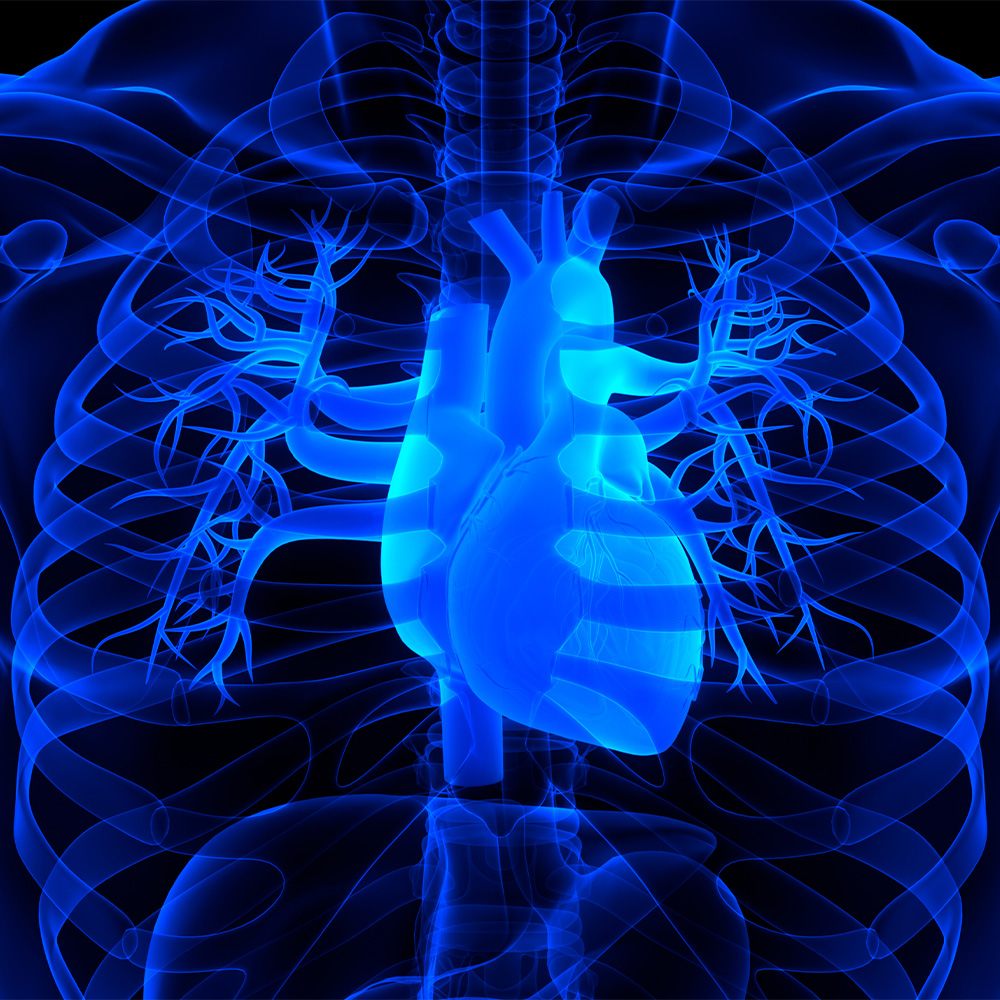Research solidifies connection between exercise and health

Pushing the limits of physical exertion is just built into some people’s DNA, like that of endurance swimmer Ben Lecomte. The benefits of exercise, while intuitive to a degree, are firmly rooted in scientific discoveries taking place at UT Southwestern.
Using NASA-honed technology called remote guidance echocardiography, Dr. Benjamin Levine will periodically monitor Mr. Lecomte’s heart as he attempts a record-setting swim across the Pacific Ocean. While the 6-month-long swim will test and likely batter the athlete’s body, the research gained will add to Dr. Levine’s considerable body of research on how exercise positively affects human health.
Dr. Levine, Professor of Internal Medicine; Dr. Madhukar Trivedi, Professor of Psychiatry; and Dr. Jarett Berry, Associate Professor of Internal Medicine and Clinical Science; are just a few of the researchers at UT Southwestern Medical Center uncovering new, important connections between exercise and its health benefits.
Dr. Berry, a preventive cardiologist, was senior author on several studies on exercise that were published in 2015, including a study finding that patients with diabetes who exercise can trim waist size, lower percentage of body fat, and improve blood glucose control. Those benefits occur even in diabetic individuals who do not show improvements in cardiorespiratory fitness, the usual method of assessing exercise benefits.
“What we observed is that exercise improves diabetes control regardless of improvement in cardiovascular fitness, suggesting that there are many benefits to exercise beyond improvements in exercise capacity. This study also suggests that we need to broaden our understanding of what it means to ‘respond’ to exercise training,” said Dr. Berry, a Dedman Family Scholar in Clinical Care.
Another study conducted by Dr. Berry and colleagues that analyzed data from 12 prospective studies on levels of physical activity and incidence of heart failure could have even broader implications. The researchers found that individuals who meet federal government recommendations of 150 minutes of moderate exercise each week – the equivalent of 30 minutes of walking at a brisk pace five times a week – may not be exercising enough.
Dr. Berry’s group found that exercising two to four times this recommended amount was associated with substantial reductions in the risk for heart failure.
Other research shows exercise is good for the brain, as well as other organ systems in the body. Dr. Trivedi, Director of UT Southwestern’s Center for Depression Research and Clinical Care, was senior author on a study that found exercise reduced the levels of biomarker proteins associated with an excessive sleepiness condition called hypersomnia.
People with hypersomnia nap during the day and have trouble waking from a long sleep. “Hypersomnia, as well as insomnia, have been linked to the development, treatment, and recurrence of depression,” said Dr. Trivedi, who holds the Betty Jo Hay Distinguished Chair in Mental Health.
Exercise, Dr. Trivedi said, can help resolve this loop of excess sleep and depression. Through a series of studies, he said, “We have shown that exercise is a robust antidepressant on par with other standard treatments.”
Dr. Levine – whose past research included findings that “Masters athletes” (older adults who had a lifelong habit of frequent endurance exercise including competition in Masters-class sports) had heart and vascular systems comparable to individuals decades younger – weighed in on the topic of extreme exercise in the journal Circulation. “Athletes have large, compliant hearts that generate a large stroke volume during exercise, as well as compliant arteries with large vasodilatory capacity,” said Dr. Levine, who holds the Distinguished Professorship in Exercise Sciences.
This work is part of Dr. Levine’s research as Director of the Institute for Exercise and Environmental Medicine at Texas Health Presbyterian Hospital Dallas, a partnership between UT Southwestern and Texas Health Resources that studies human physiology across the life span.
Given his research to date in this area, Dr. Levine won’t be surprised to see Ben Lecomte’s heart stay strong and healthy during the cross-Pacific swim. If anything, Mr. Lecomte should be a perfect case study of how seamlessly the body adapts to excessive stress as a result of rigorous training based on intensive, regular exercise.




